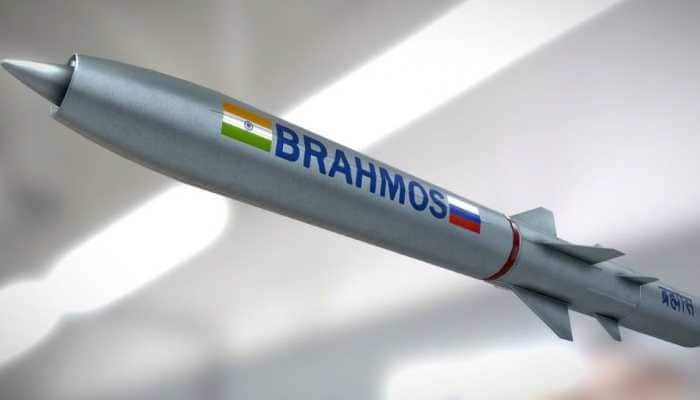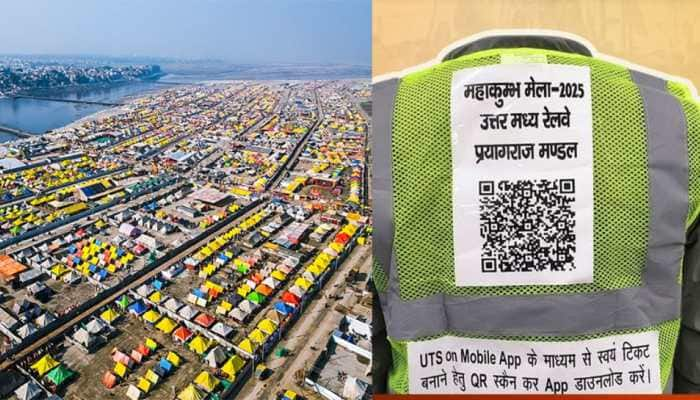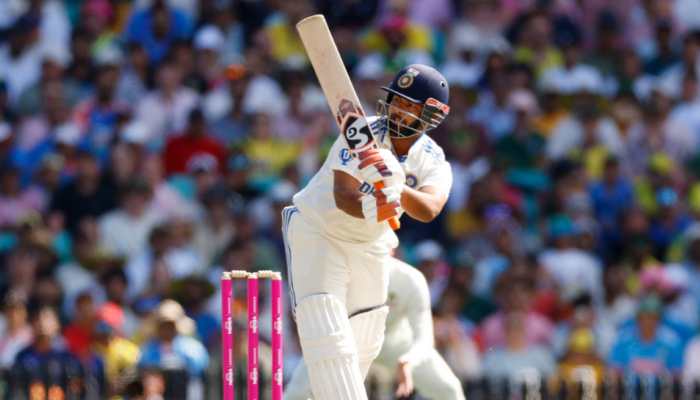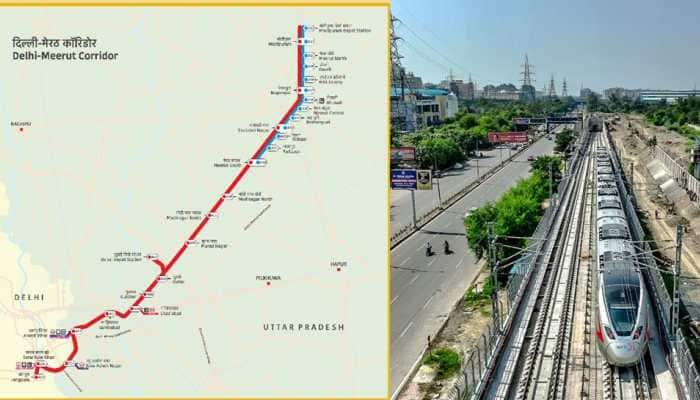Venkaiah Naidu vs Gopalkrishna Gandhi: Know how the vice president of India is elected
Naidu appears to have an edge over Gandhi in the polls as the ruling National Democratic Alliance (NDA) has majority in the 545-member Lok Sabha.
Trending Photos
New Delhi: The members of the parliament will vote on Saturday to elect the 15th vice-president of India. Former Union Minister and NDA candidate M Venkaiah Naidu and ex-West Bengal governor and Opposition nominee Gopalkrishna Gandhi will contest against each other for the second highest constitutional office.
Naidu appears to have an edge over Gandhi in the polls as the ruling National Democratic Alliance (NDA) has majority in the 545-member Lok Sabha.
Of the 338 NDA members in the Lok Sabha, BJP alone has 282 seats.
Incumbent Vice-President Hamid Ansari's term will end on August 10. He had held the position for two consecutive terms. The winner will be appointed ex-officio Chairman of the Rajya Sabha.
Here’s everything you need to know about the Vice-Presidential election:
The voting will start at 10 am and will carry on till 5 pm. Counting of votes will start at 7 pm and the result will be declared on Saturday evening.
The vice-president is elected in a secret ballot by an electoral college comprising members of both Houses of Parliament. Article 66 of the Indian Constitution states the manner of election of the Vice-President.
The electoral college consists of 790 MPs of the two chambers of Parliament.
In order to be eligible to contest for the vice-presidential election, a person must have completed over 35 years of age and do not hold any office of profit.
He or she must also be a member of the Rajya Sabha, while in the case of President, the candidate must be a member of the Lok Sabha.
Unlike the Presidential polls, members of the state legislatures do not take part in the vice-presidential election.
Also, the nomination of a candidate must be subscribed by at least 20 electors as proposers and 20 electors as seconders.
Announcing Naidu's candidature for vice president, BJP president Amit Shah told the media, "All the NDA allies have welcomed his candidate. He is one of the tallest and one of the most experienced leaders across party lines.”
PM Narendra Modi said, "The years of Parliamentary experience Venkaiah Naidu will help him discharge the important role of Rajya Sabha Chairperson."
Opposition candidate and Mahatma Gandhi's grandson Gopalkrishna Gandhi has the backing of 18 political parties, including the Congress.
Naidu was elected as an MLA to the Andhra Pradesh Legislative Assembly twice from Udayagiri constituency in 1978 and 1983.
When the Congress swept the polls in Andhra Pradesh in 1978, he got elected from the Udayagiri Assembly seat with a Janata Party ticket. He was re-elected on a BJP ticket when NT Rama Rao swept the polls in the state.
The 68-year-old veteran BJP leader also had served as the party president from July 2002 to October 2004 for two consecutive terms.
After the defeat of the BJP-led NDA in the 2004 Lok Sabha elections, he resigned from his post on 18 October 2004. He was rural development minister in the previous NDA government led by Vajpayee.
He was elected to the Rajya Sabha three times from Karnataka and currently represents Rajasthan in the Upper House of Parliament.
Gopalkrishna Gandhi served as an IAS officer from 1968 till 1992. He was the secretary to the Vice President from 1985 to 1987, joint secretary to President from 1987 to 1992 and secretary to President in 1997.
Gandhi also served as High Commissioner of India in Lesotho. In 2000, he was appointed as High Commissioner of India in Sri Lanka. He was appointed Ambassador of India to Norway and Iceland.
In 2004, he was appointed governor of West Bengal. Apart from translating, Vikrma Seth's noted book 'A Suitable Boy' into Hindi, Gandhi also penned a novel on Sri Lanka’s Tamil plantation workers.
Stay informed on all the latest news, real-time breaking news updates, and follow all the important headlines in india news and world News on Zee News.
Live Tv







)
)
)
)
)
)
)
)
)
)
